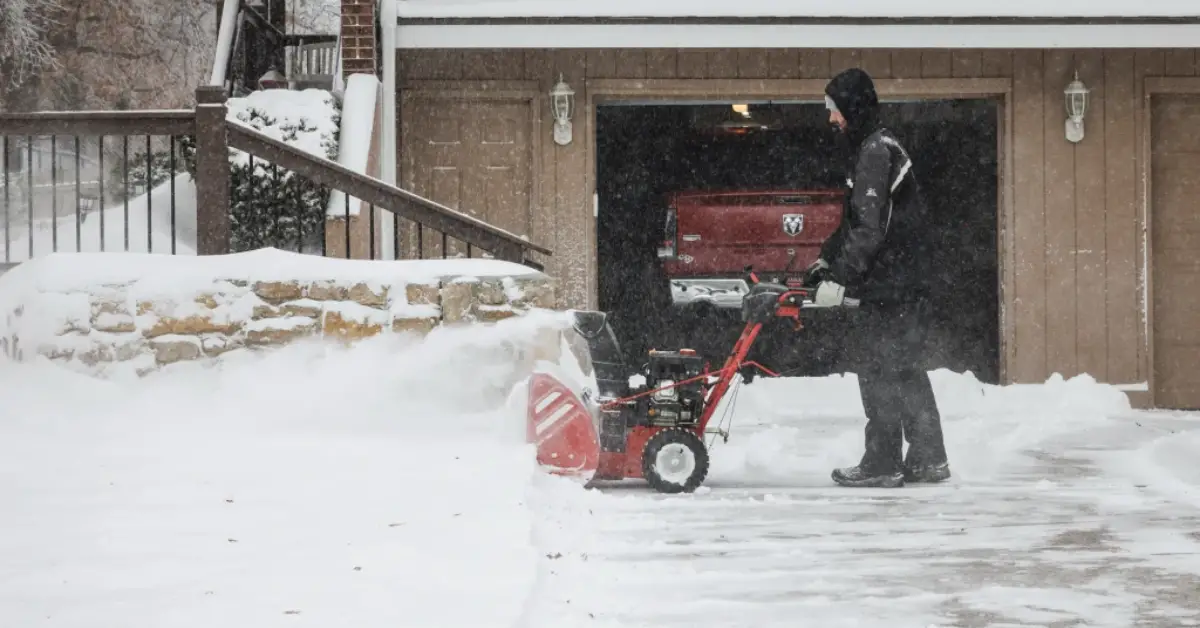Heating bills are set to rise again this winter, putting additional financial strain on millions of households across the U.S. The National Energy Assistance Directors Association (NEADA) predicts an 8.7% increase in average heating costs, bringing the total seasonal expense to about $941. The rise in costs is mainly due to increasing electricity prices and forecasts of colder-than-usual weather, especially in the Midwest and Northeast.
As winter storms grip parts of these regions, severe weather has already led to the deaths of at least four people, widespread travel disruptions, and power outages affecting hundreds of thousands of homes. The situation is particularly concerning for families that rely on electricity for heating, as their bills are expected to jump by 14.2%, averaging $1,189 compared to $1,040 last winter. Federal data indicates that electricity costs have increased by 3.1% in the past year, surpassing the overall 2.7% inflation rate.
Mark Wolfe, the Executive Director of NEADA, pointed out that many households are still recovering from record-high electricity bills due to the extreme summer heat. “Families who just finished paying for record-high electric bills because of the extreme summer temperatures are now facing higher winter bills as well. They’re getting hit on both sides,” he said.
The federal Low Income Home Energy Assistance Program (LIHEAP) has been allocated $3.7 billion to help low-income households with utility costs. However, this falls significantly short of the $6.1 billion funding request from LIHEAP officials, who argue that the program needs to be restored to its 2023 funding level. The higher funding was initially introduced as part of pandemic-era efforts to provide additional relief, but advocates believe it should continue to meet the growing energy cost burden on families.
Wolfe expressed disappointment that policymakers have not responded to calls for more funding, emphasizing that shifting weather patterns demand a reassessment of the program’s financial support. Despite the urgent need, additional relief efforts have yet to be approved by policymakers.
NEADA estimates that one in six households is already behind on their utility bills, with total arrears for electricity and natural gas customers rising by about 30% over the past year. The total amount owed is estimated to be around $21 billion by the end of September. NEADA attributes this increase in unpaid bills to high cooling expenses during the summer, which left many families struggling financially before winter even began.
Regionally, Midwestern households are projected to experience the highest increase in heating costs, with bills rising by an average of 14.6% for all energy sources. Northeast households will see a 5.1% increase, while those in the South and West will face smaller upticks of 1.6% and 3.2%, respectively.
For those looking to manage heating expenses, experts recommend checking for available rebates and tax credits through the Energy Star website (https://www.energystar.gov/saveathome). The platform helps consumers find local utility savings and tax incentives for energy-efficient home improvements. Under the Inflation Reduction Act, homeowners can receive up to $3,200 in credits for upgrades such as installing a heat pump, adding insulation, or replacing windows.
As winter continues, many households will face mounting energy costs, making financial assistance programs and energy-saving measures more critical than ever. Rising electricity prices and colder-than-expected weather highlight the urgent need for additional federal support to ensure that low-income families can afford to heat their homes throughout the season.
Disclaimer: This article has been meticulously fact-checked by our team to ensure accuracy and uphold transparency. We strive to deliver trustworthy and dependable content to our readers.



